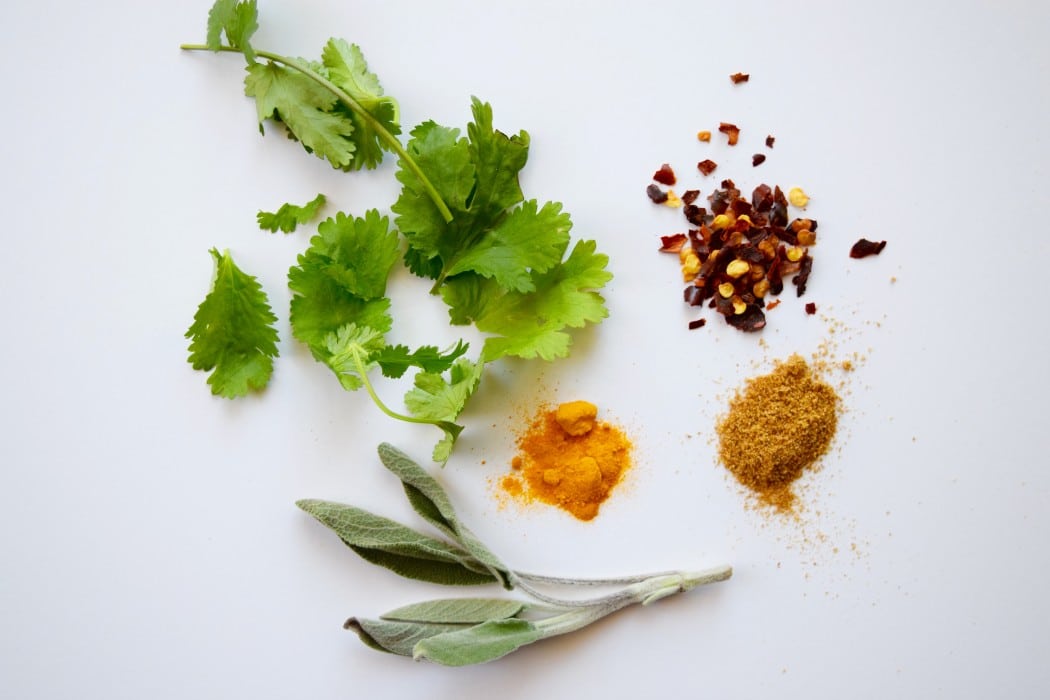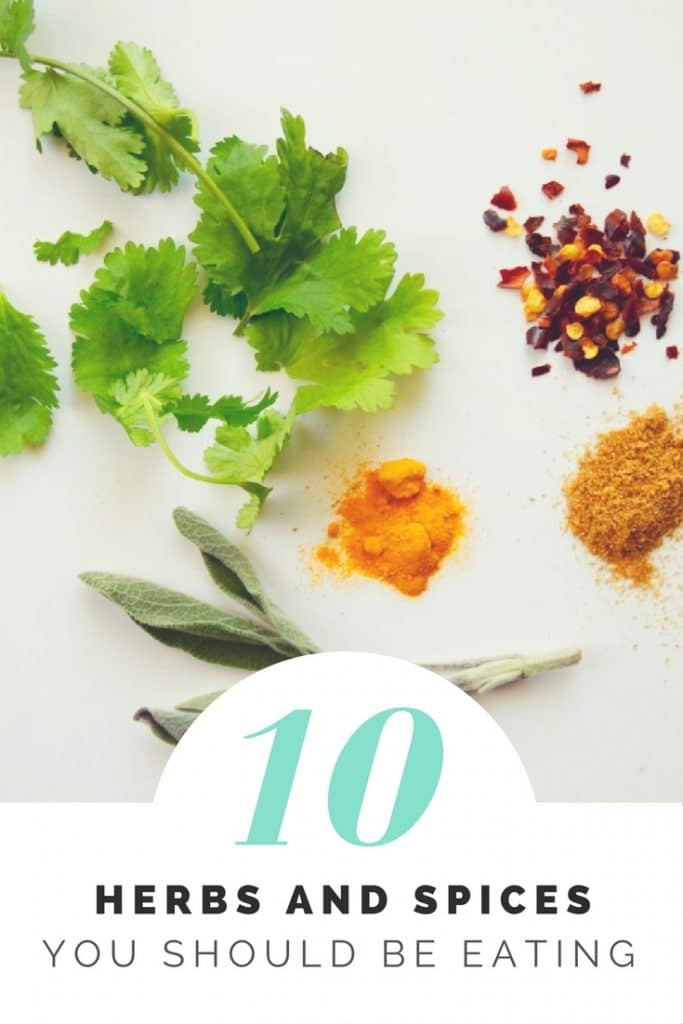Before heading to the grocery store, I try to be very organized about coming up with a meal plan and then writing down each of the items that I need to purchase. But then, I get to the store and something happens. Almost as if I am in school, taking a test, my mind goes blank. I try to go by the list in my hand, but I instantly forget to grab something that I mentally told myself to get. Once in line, I try to go over everything, but it can be hard with a toddler. I don’t usually forget main ingredients like vegetables, grains, and proteins, but I frequently forget the ingredients that make the former special: herbs and spices.
Herbs and spices are so underrated and I often forget to utilize them to their potential. They enhance the flavors of a dish, pushing food over the line of bland and into delicious. Many people don’t know how to use them, especially with vegetables. But the right combination tastes amazing. The best part? Herbs and spices don’t just add flavor, they add plenty of nutrition and a whole list of health benefits.
Here are 10 herbs and spices that you should be eating:
- Nutmeg: This spice holds anti-inflammatory properties beneficial to skin and is also a powerful antimicrobial.
- Crushed Red Pepper: Red pepper flakes are connected to weight loss, pain relief, digestive health, circulatory health, arthritis, and potentially infections.
- Turmeric: This is a fantastic spice for joint health, as it is a powerful anti-inflammatory. It also helps to regulate hormones.
- Parsley: This is one of the healthiest things you can eat. It has more Vitamin C than an orange, is a great detox green, boosts the immune system, and may even prevent cancer.
- Cumin: Cumin has awesome germ fighting properties and can help to regulate blood sugar. It also happens to be an excellent source of calcium, magnesium, and iron.
- Cinnamon: This spice is one of my favorite and it has been found to help the body regulate blood sugar. There are even promising studies being done to see if it could help diabetics. There is also evidence that it could help prevent Alzheimer’s as well.
- Sage: Recent studies have found sage to be beneficial in improving memory, attention, and mood. Historically, it has been used for dental health.
- Mint: Mint is excellent for gut health and soothing a tummy. Patients with Irritable Bowl Syndrome saw significant improvement with the addition of mint.
- Cilantro: Super high in Vitamin K, this herb helps blood to clot and boosts bone strength.
- Thyme: Another great antimicrobial. This herb is great at helping prevent food borne illness as well as help fight bacterial and fungal infections.
The fresher the better, but dried and powdered are fine as well. Try mixing flavors and experimenting!






